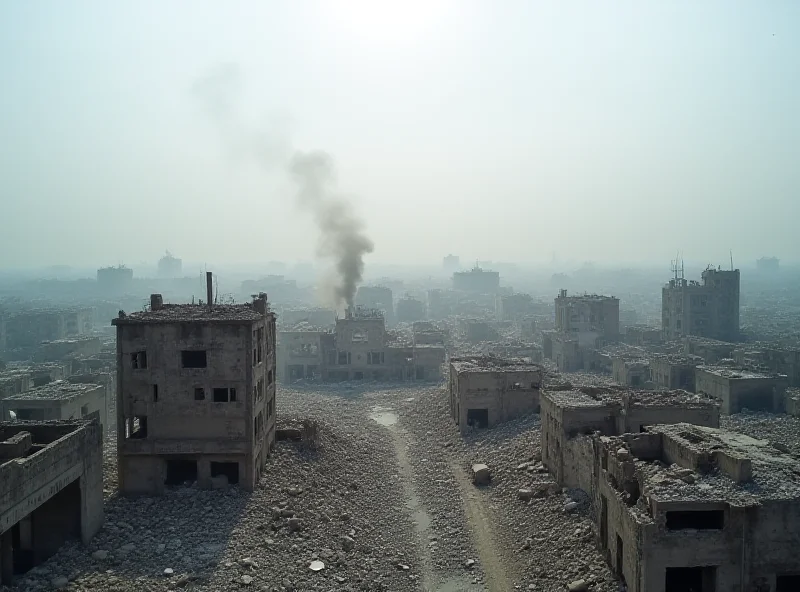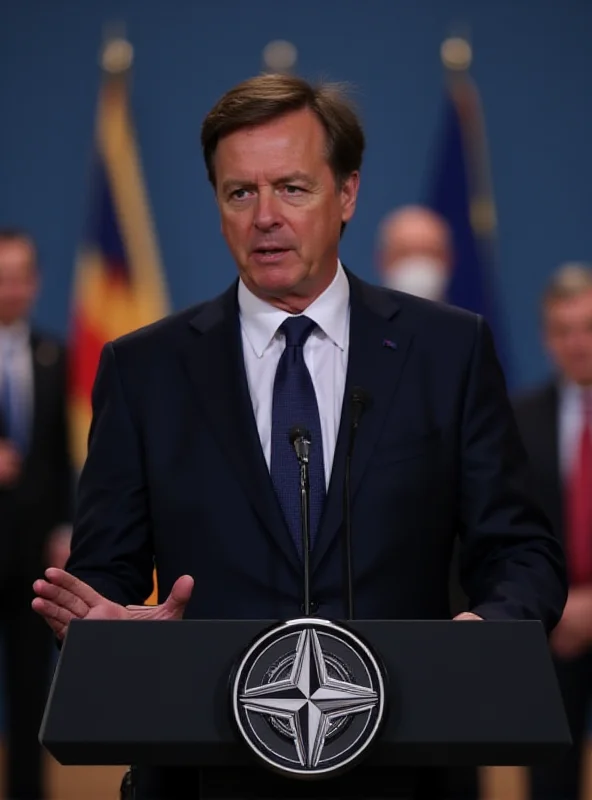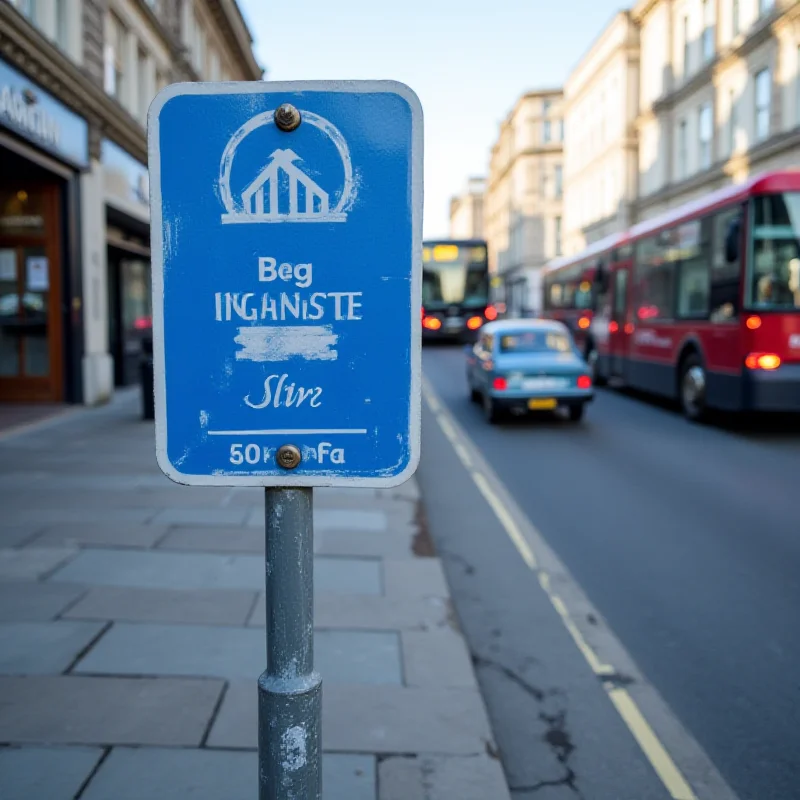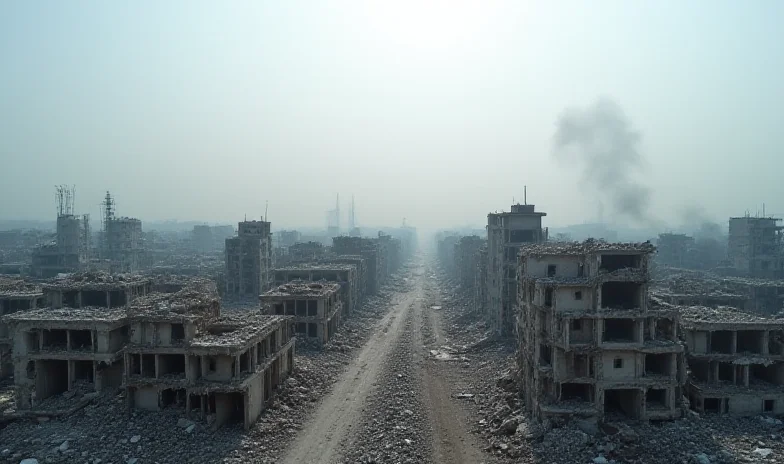Recent events have highlighted ongoing geopolitical tensions and local challenges across Europe and the Middle East. From clashes in Syria to debates over environmental policy in London, the news cycle remains active.
Syrian Conflict Intensifies
More than seventy people have been killed and dozens injured in recent clashes in the coastal province of Latakia in northwestern Syria. The fighting involves government forces and militants loyal to ousted President Bashar al-Assad. AFP reported on Friday, citing the Syrian Observatory for Human Rights (SOHR), a London-based non-governmental organization with a wide network of informants within Syria. The intensity of the conflict continues to cause widespread concern.

The SOHR's reports offer a grim reminder of the human cost of the Syrian conflict, which has been ongoing for over a decade. The clashes in Latakia underscore the fragility of the region and the continued challenges in achieving lasting peace.
NATO Anticipates Increased Defense Spending
NATO Secretary General Mark Rutte has expressed his conviction that several European countries will soon increase their defense spending. Following the summit in London, Rutte emphasized the importance of collective security and the need for member states to invest in their defense capabilities. This comes amid ongoing discussions about burden-sharing within the alliance and the evolving geopolitical landscape.
“Increased defense spending is crucial for maintaining stability and deterring potential threats,” Rutte stated. This commitment from European nations reflects a growing awareness of the need to bolster security in the face of global uncertainties.

ULEZ Impact on London High Streets
Meanwhile, in London, the expansion of the Ultra Low Emission Zone (ULEZ) continues to spark debate. New data from Transport for London (TfL) suggests that high streets in outer London boroughs have been financially impacted by the scheme. The ULEZ, spearheaded by London Mayor Sadiq Khan, aims to improve air quality by charging drivers of vehicles that do not meet emissions standards.
However, critics argue that the policy disproportionately affects small businesses and residents in outer London, potentially hindering economic growth. The TfL data highlights the complex trade-offs between environmental goals and economic realities. "The roll-out has had unintended consequences," one local business owner commented, "and we need to find a better way forward."

These events serve as a reminder of the diverse challenges facing nations and communities around the world. From conflict zones to urban centers, policymakers and citizens alike must grapple with complex issues that demand careful consideration and innovative solutions.
